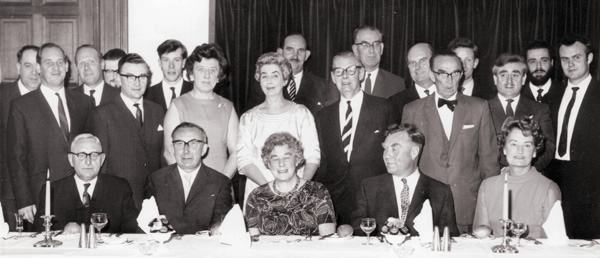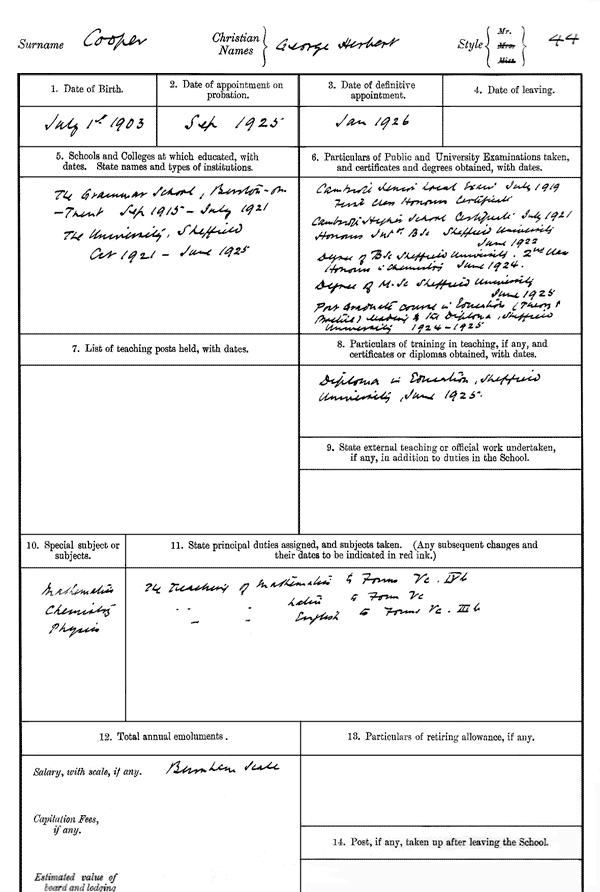When I arrived with my brother, I about eleven and a half and he two years my senior, I felt myself a minnow among big fish. I was quite small for my age. What was still more frightening was seeing boys whizzing through the air holding on to pieces of wood tied on to the ends of ropes, the other ends of which were fastened to a circular metal plate at the top of a large, thick, shortened telegraph pole. I learned afterwards that it was a ‘Giant Stride’, and I enjoyed many a round on it myself in later years.
Assembly for prayers, read I his booming voice by the Rev. T.W. Beckett (headmaster) was followed by the daily hymn, sung to the accompaniment of a wheezy harmonium played by a young master named Cole (assistant to Mr Beckett). After he left, Mr Cyril Hartshorn took over but, as an accomplished musician, that harmonium was a real trial to him. He hated it but, with only 150 or so boys, no-one else could be found to be pressed into service.
Mr Beckett was to me, a very imposing person with very large hands, which were used in such a way as to put the fear of the Lord into us. On one occasion, Jack Rudd, a member of my brother’s form, felt the full weight of it. What Jack said I never knew but, as a result, he received a cuff on each side of his face. For two days, his face was red and swollen. Such things were completely accepted in the school in those days.
Mr Beckett left in 1900 to become Vicar of Anslow. Having been Headmaster since 1884, he had a special farewell at the annual prize-giving in the Town Hall. I was greatly impressed by Mrs Beckett who had looked after the twenty or so boarders. She had been greatly liked. With no public transport, except trains, and almost no motor-cars, boys from a distance had to board. Willie Wain from Bretby often came by pony and stabled it in High Street, near the market place.
In September 1900, Mr R.T. Robinson, from Wyggeston School, Leicester, succeeded Mr Beckett and caused something of a stir when he introduced Saturday morning school from 9:00 – 12:30am in place of Wednesday afternoon from 2:00 – 4:00pm. His reason seemed shameless; we were fresher in the morning and Wednesday afternoon could be used for games. He omitted to mention the extra one and a half hours work. In fact, not many boys played football and cricket in school at this time. The games were run by a Sports Club to which members had to pay a fee of 2/6d (12.5p) per term and supply their own gear, and pay for travelling to such places as Ashby, Lichfield and Atherstone. This was prohibitively expensive for quite a number of boys in those days of large families and low wages. The days of financial backing by the Local Education Authority or the ‘State’ were yet to come. There were also ‘bathing sheds’ by a backwater of the Trent used for swimming. “The Field”, as we called it, lay immediately behind Peel Croft, and the pavilion was a very drab, corrugated iron covered hut, the only window being a large wooden panel on one side, which could be pushed open by an iron rod and fastened by then putting the end in a staple. There was no groundsman. It was a DIY world in those days! We rolled the pitch and marked out the whitewash lines ourselves. For non-school matches, ‘Tommy’ Stevenson, who took Form I for all subjects, and who had been said to play on occasion for Warwickshire, and W.H. Robinson known as ‘Taffy’, and the Headmaster’s bother, and still later, A. Rigby the Physics master, all played in the cricket team. R.T.Robinson himself, by now known as ‘Dicky’ ,turned out at centre half in the football team at least once. J.W. Ramshaw, who joined the school when the Physics Lab. was built, also played football at times. Two record scores of later days in1905 stand out in my mind as I was Captain then. We beat Congregational Church 24 goals to nil; Sam Oulton scoring eighteen.
When I first went to Burton Grammar School, I was put in the fourth form on the strength of my having gained one of the three ‘Feoffees’ Scholarships but, having done no Latin or French ever before, I had to catch up with my classmates. In wat was called ‘Extra Division’, I did intensive Latin Primer and ‘Gepp’ work for about eight lessons a week with ‘Piggy’ Jeffcott, and spent the whole of Monday, Wednesday and Friday afternoons doing French, missing all lessons in Music and Art. By the end of the school year, which ran from January to December in those days, I had advanced far enough to start on Vergil’s Aeneid IX in Latin Div. IIb, and ‘Remi et ses Amis” in French Div. IIa. ‘Cambridge Local Examinations’ were compulsory for fourth forms and above so, at aged twelve, I joined my brother and a lot of other boys in evening preparation from 6:00 – 8:00pm at the school from around mid-October to early December. I remember the gas lit rooms with incandescent mantles (the school had no electricity then). One incentive for these examinations for the more gifted boys and their parents was that, for 1st Class Honours 36/- (36 shillings or £1.80) worth of books of one’s own choice were awarded. 24/- (24 shillings or £1.20) was awarded for 2nd Class and 12/- (12 shillings or £0.60) for 3rd Class. In those days, when all books and stationery had to be paid for by one’s parents, such awards were very welcome. Books belonging to school-leavers were often bought second-hand for new boys. Several of mine belonged to someone called ‘Billy Balfry’ who had himself inherited them from an older brother, hence they all had ‘J.C.K. Balfry’ in them.
Earlier on, I mentioned Jack Rudd’s beating by Mr Beckett. R.T. Robinson gave one beating which I should think stood out for years in the minds of all who heard it. Len Hearn, who later gave money for a prize to the school, and so must have forgiven the indignity, was the victim. Having been previously reprimanded for smoking by ‘Dicky’, he was seen smoking again in High Street. The whole school was assembled and ‘Dicky’ lectured us about the offence. He then ordered Len to go to his study. In a few moments, we heard a “swish”. Being boys, we started to count and we became more and more amazed. It went on until we had counted 21 strokes, but not a single cry. Later, I asked Len why he hadn’t shouted out and he said “If he’d have given me one more, I would have yelled the place down”.
During the Second Boer War (1900 – 02), we began Military Drill after school and Sergeant-Major Maher put us through our paces either in the school playground or on ‘The Field’. We also had targets under the covered shed in the playground for rifle-shooting. We used ordinary rifles with tubes inside them making them suitable for the short 22-yard range. ‘Kitten’ Thompson established himself as our ‘crack-shot’.
In a cricket match in 1902 against the Burton Gentlemen, for whom S.H. Evershed, recently Captain of Derbyshire C.C and his brother, Frank Evershed, a Rugby International, played, my brother managed to score 30. They were so impressed that they awarded him with a bat. From then, they continued to award two bats for the best batting and bowling averages. In 1907, I finally got one for batting and H.A. Jones, who later became Dean of Manchester, got the one for bowling.
In 1905, ‘The Cygnet’ came into being. At a meeting in the Chemistry Lecture Room, H.S. Staley was appointed its first Editor. He left at the end of term to go to Birmingham University and later to Cambridge and I succeeded him as Editor.
When Mr Beckett died in 1907, I together with Arthur Bonfield went to represent the school at his funeral.
We always had prayers again at the end of afternoon school. After the service, the Headmaster read out the names of all boys who were to stay behind for detention for various misdemeanours.
We wore red and blue wide-striped caps, commonly known as ‘bull-scarers’ which cost 2/6d (12.5p) or round black or dark blue ‘polo’ caps with the school badge on the front. No blazers. The school caps annoyed the local ‘Park Street Boys’ and there were frequent battles between them on the way to and from school.
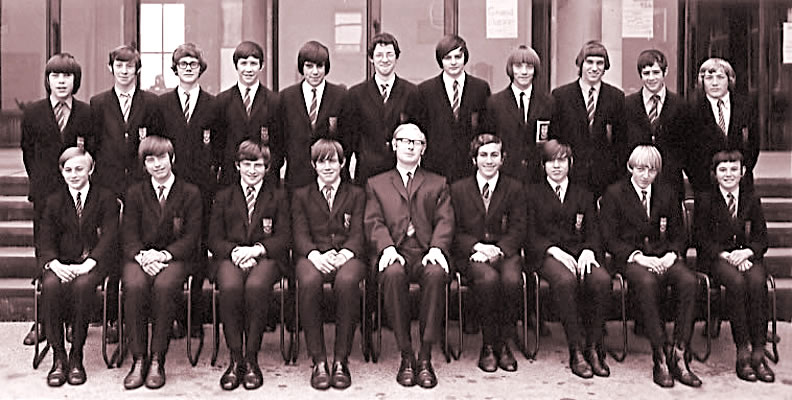


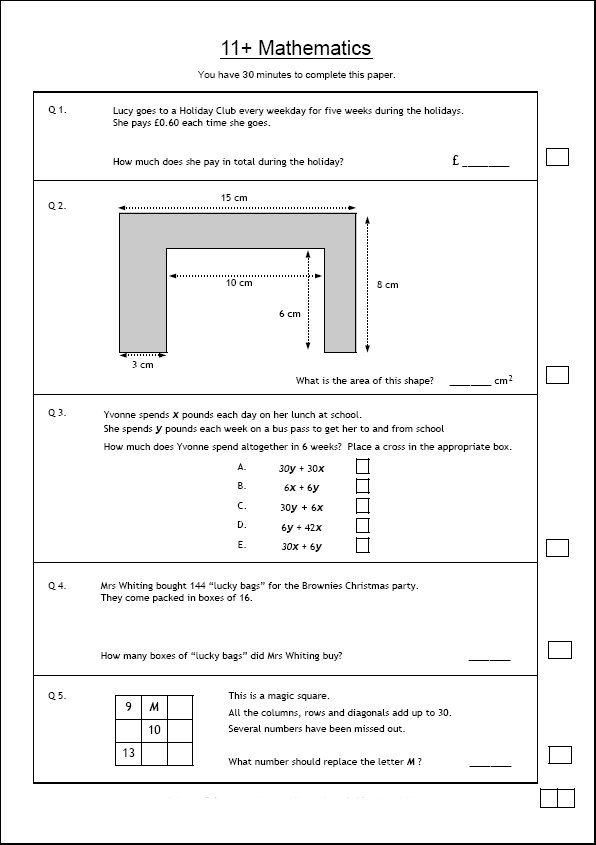
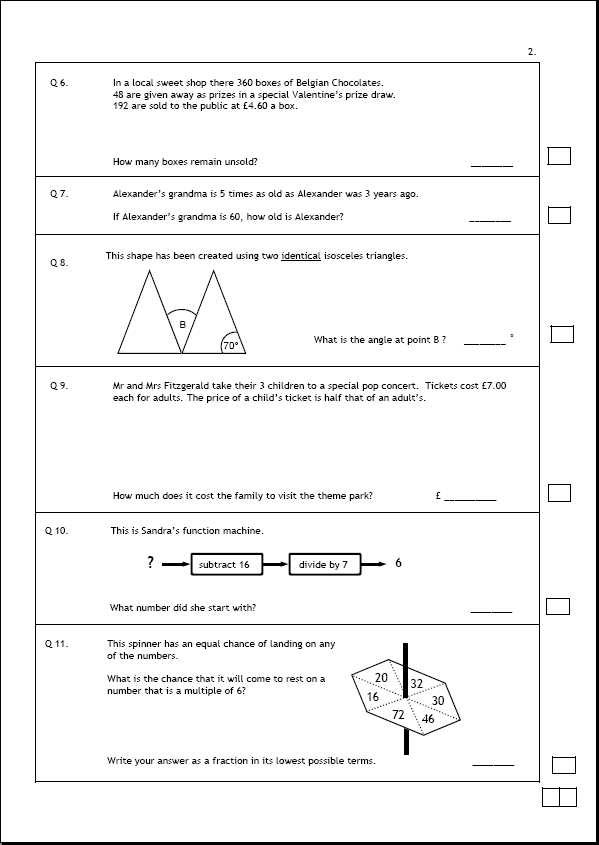
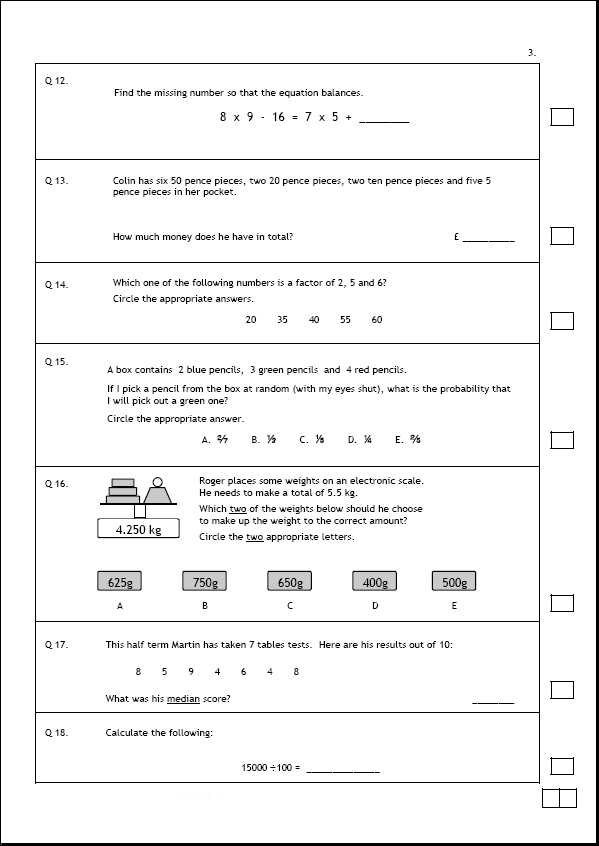
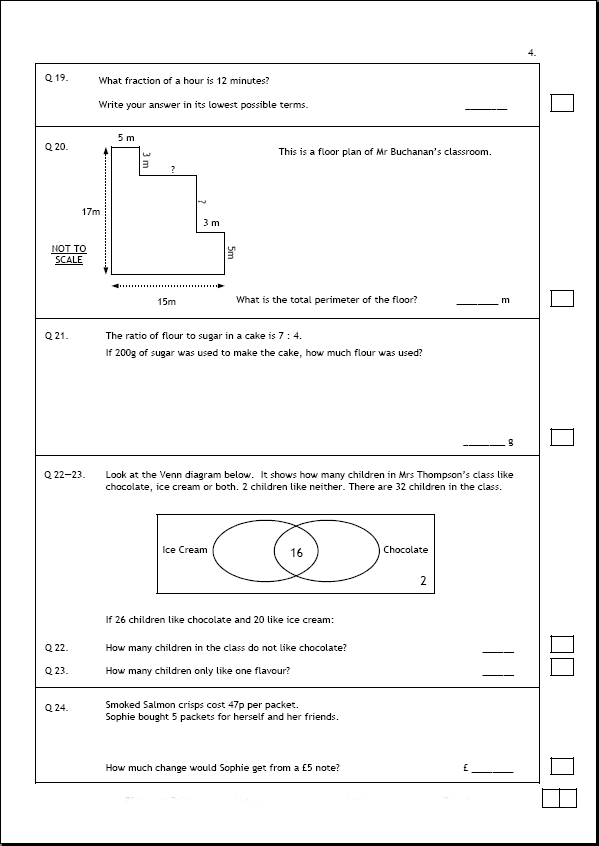
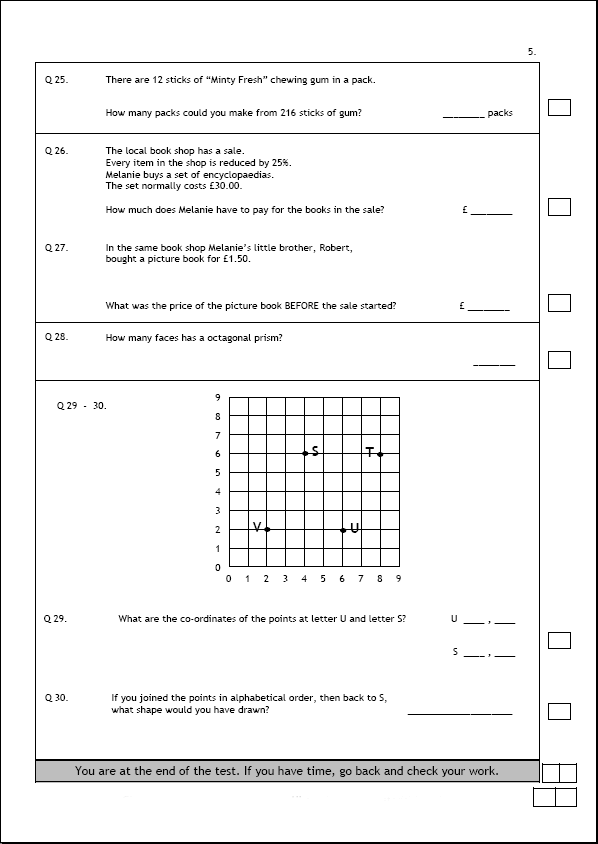
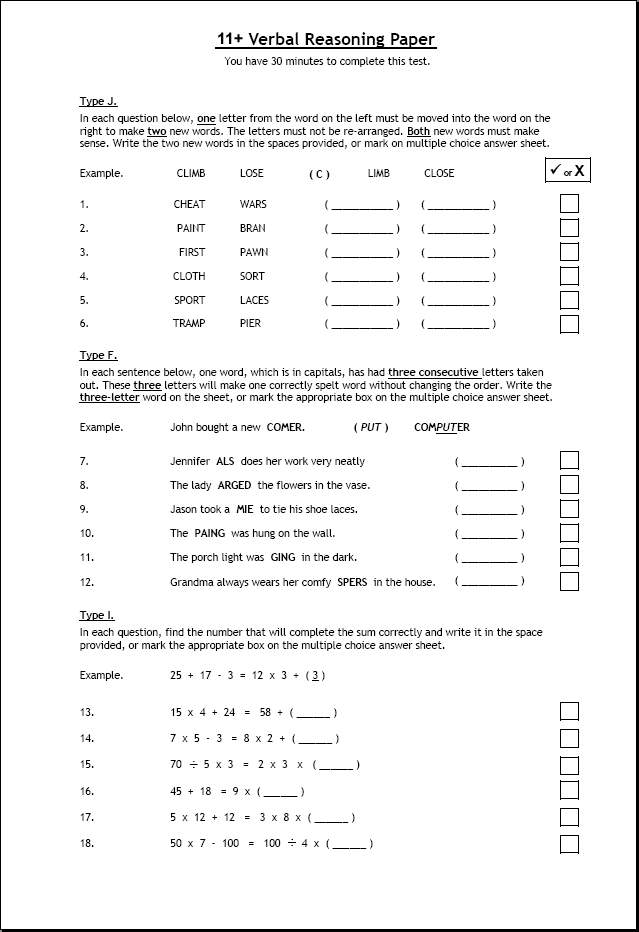
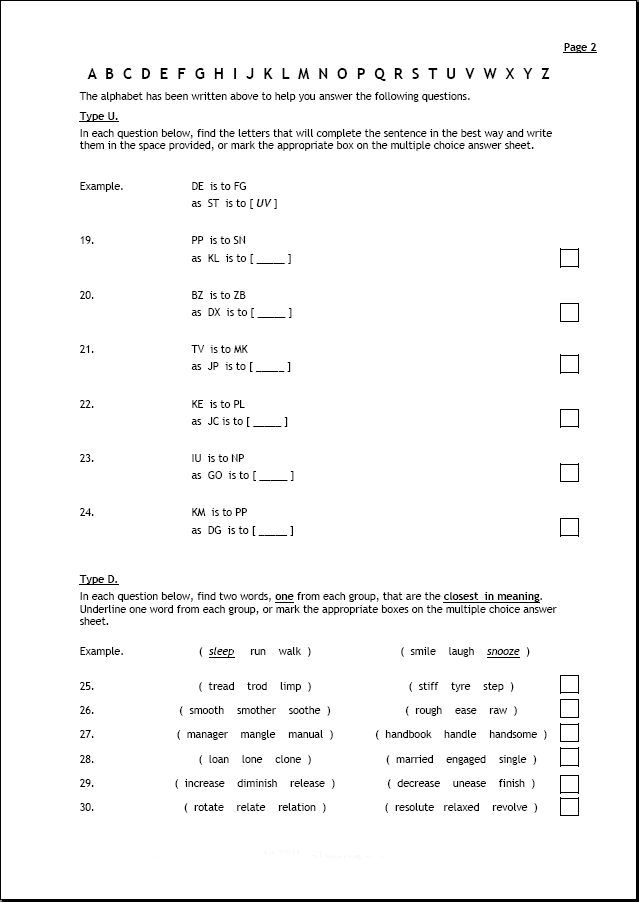
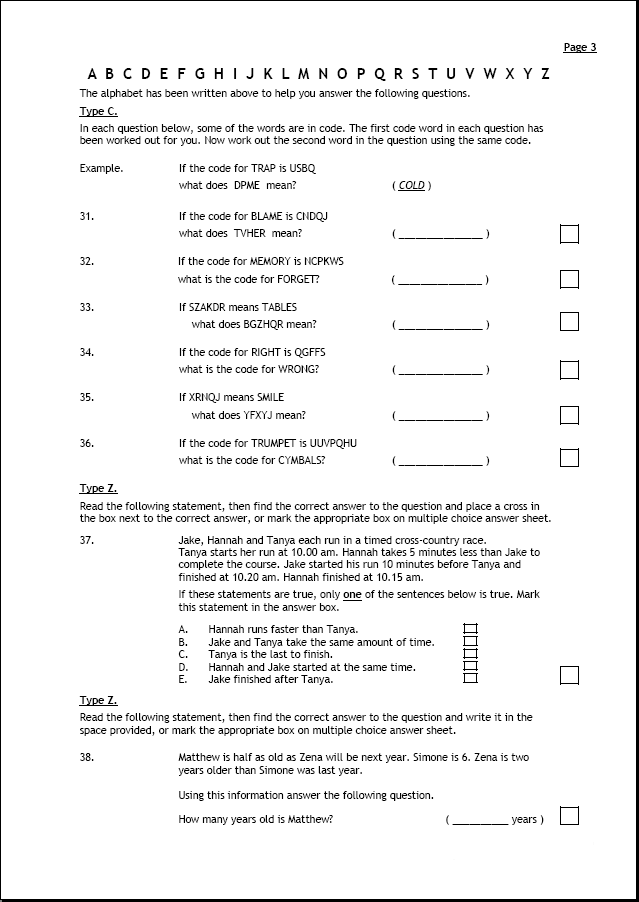
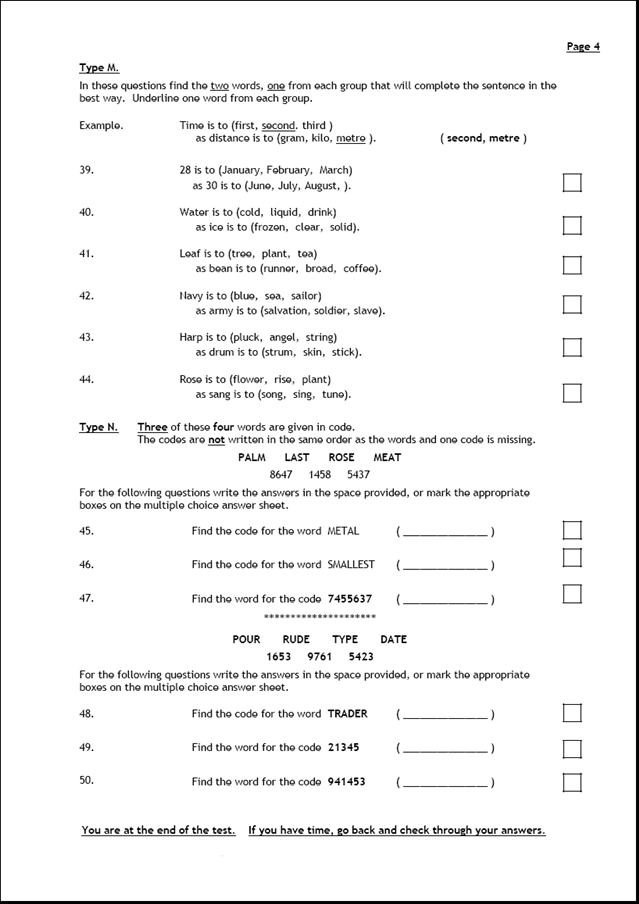
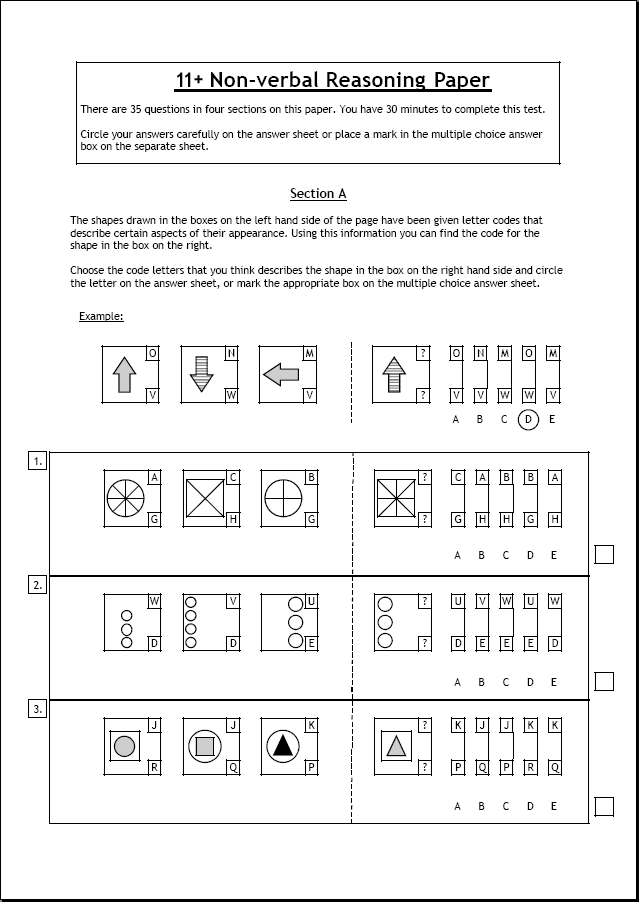
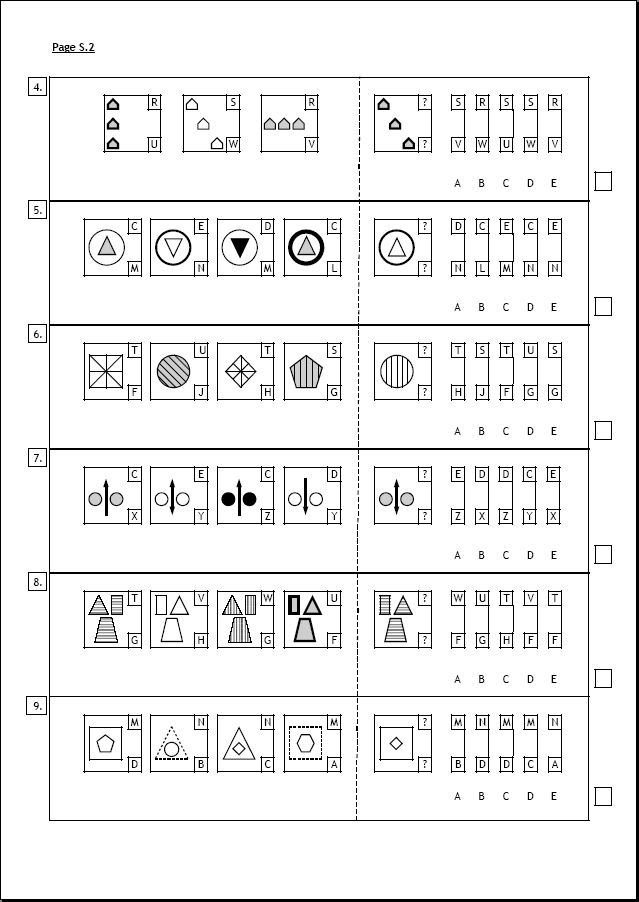
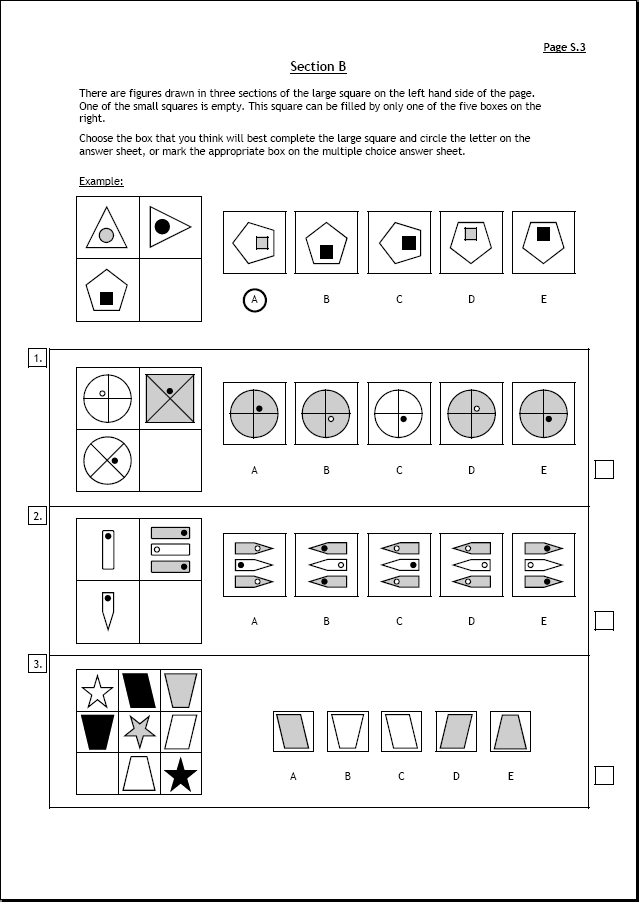
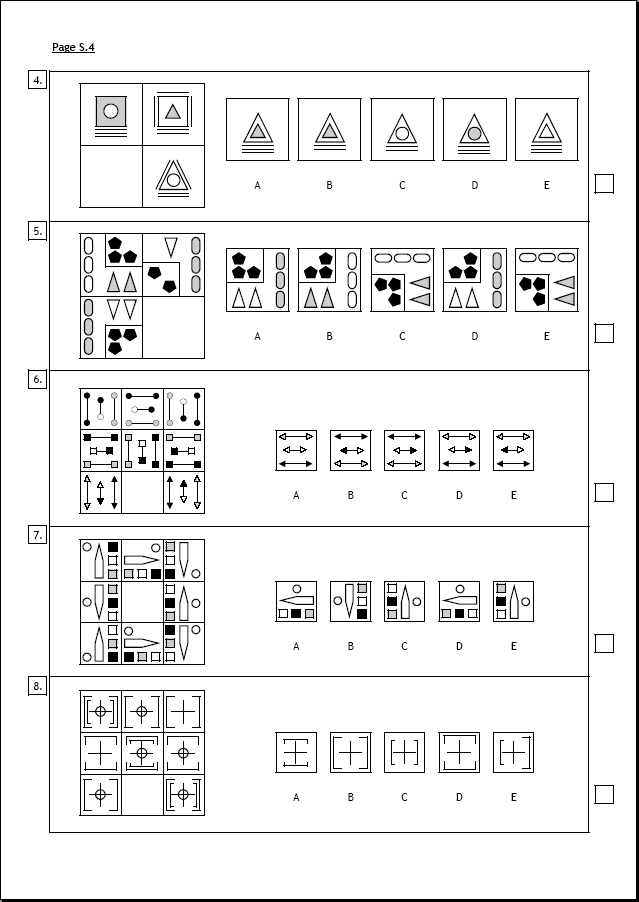
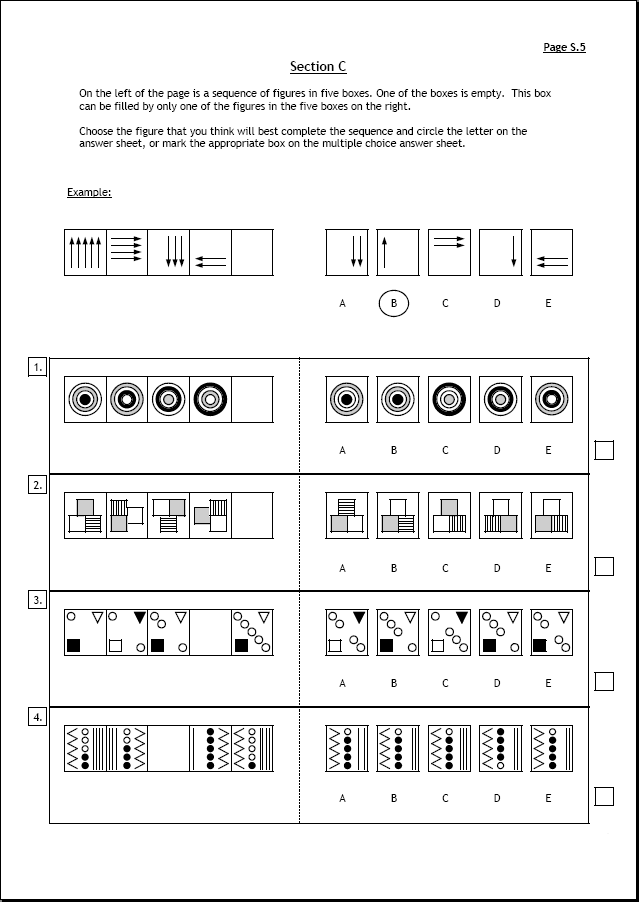

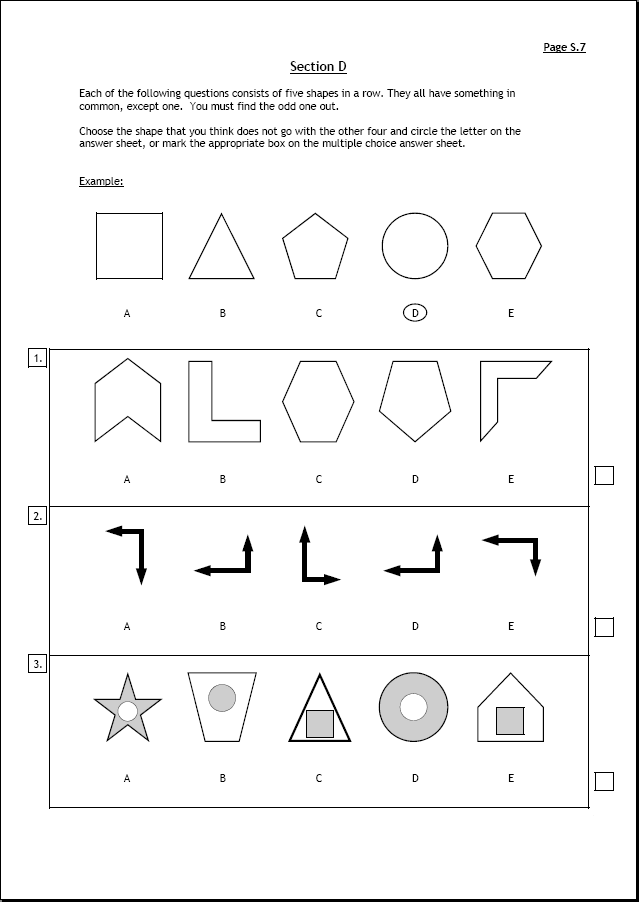
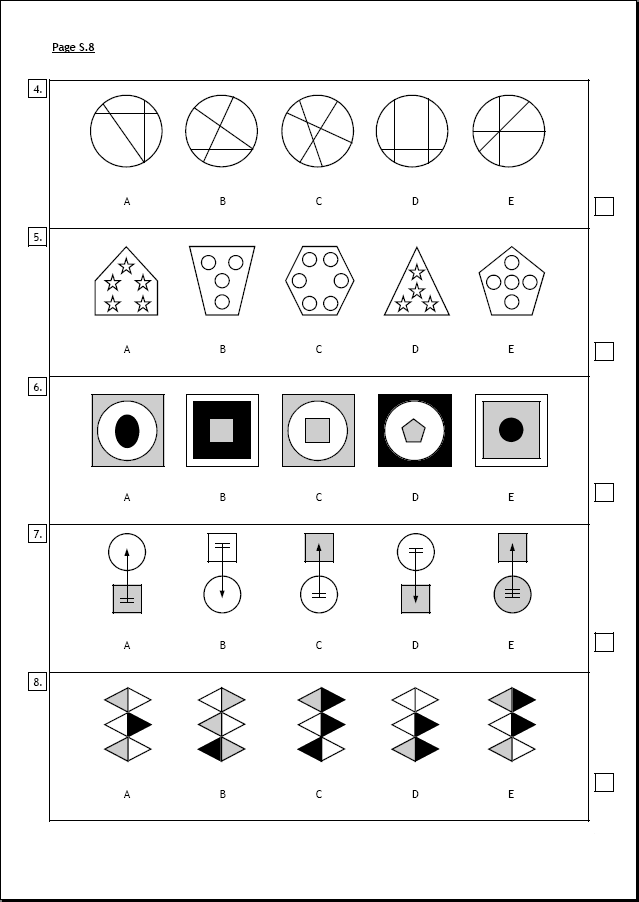
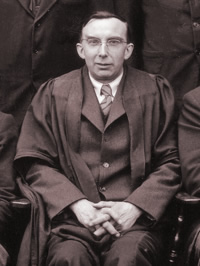 In 1915, while the First World War was raging, George Herbert Cooper joined Burton Grammar School as one of a small number of Scholarship boys who had performed sufficiently well in an application test to avoid having to pay the then relatively hefty fees.
In 1915, while the First World War was raging, George Herbert Cooper joined Burton Grammar School as one of a small number of Scholarship boys who had performed sufficiently well in an application test to avoid having to pay the then relatively hefty fees.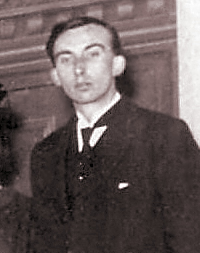 George was extremely pleased at being able to secure a teaching post back at Burton Grammar School. He was appointed by the headmaster of the time, R.T.Robinson, who was very familiar with him having been the headmaster there for the whole of his time there as a pupil. I think even Mr Cooper would have been amazed to know at the time that he would go on to spend the next 42 years at the school in a career that would span no less than seven different headmasters. After a short probationary period from September 1925, he was formally appointed in January 1926. Despite his main speciality being Chemistry, staff requirements required him to initially teach a combination of Mathematics, Latin and English. As the teaching staff grew, his sole teaching subject became Maths.
George was extremely pleased at being able to secure a teaching post back at Burton Grammar School. He was appointed by the headmaster of the time, R.T.Robinson, who was very familiar with him having been the headmaster there for the whole of his time there as a pupil. I think even Mr Cooper would have been amazed to know at the time that he would go on to spend the next 42 years at the school in a career that would span no less than seven different headmasters. After a short probationary period from September 1925, he was formally appointed in January 1926. Despite his main speciality being Chemistry, staff requirements required him to initially teach a combination of Mathematics, Latin and English. As the teaching staff grew, his sole teaching subject became Maths.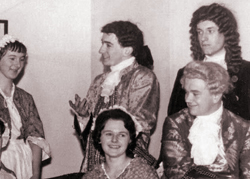 George was interested in Drama whilst a pupil and, after the founding of the Burton Grammar School Dramatics Society in 1920, he appeared as one of the cast of its very first production, ‘Jedbury Junior’, where he played ‘Whimper’, manservant to the Jedburys. On his return as a master, he keenly became involved again and became assistant director to Mr E.C. Nicholson, and later took over the business management of the society as well as taking on a number of roles in its productions over the years.
George was interested in Drama whilst a pupil and, after the founding of the Burton Grammar School Dramatics Society in 1920, he appeared as one of the cast of its very first production, ‘Jedbury Junior’, where he played ‘Whimper’, manservant to the Jedburys. On his return as a master, he keenly became involved again and became assistant director to Mr E.C. Nicholson, and later took over the business management of the society as well as taking on a number of roles in its productions over the years.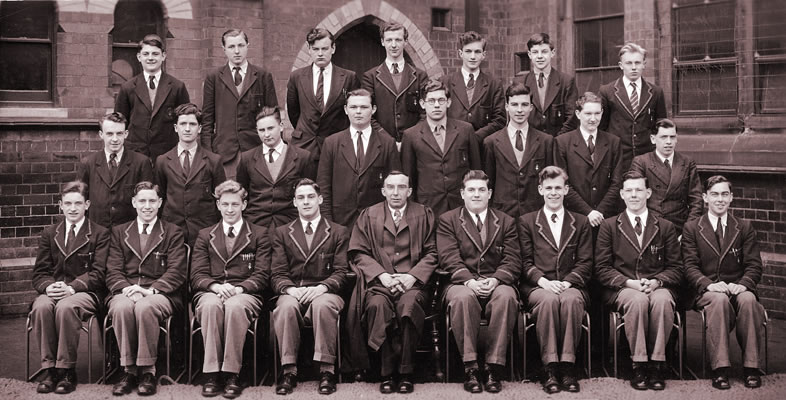 When Bill Gillion, a Cambridge Graduate of Mathematics and strong advocate of academic excellence, joined the school as Headmaster, he had plans of improving academic success of the most talented students and, in particular, to prepare them for scholarships for Oxford, Cambridge and other Universities of Excellence. It was his opinion that the Mathematics Department at the school, headed by a methodical but not particularly dynamic or progressive thinking George Cooper, did not offer sufficient provision so he took the tough decision in 1958 to re-appoint Harry ‘Brab’ Smith to take over. George was to retain a position as a Maths teacher to the lower forms but also retained the position of ‘Second Master’.
When Bill Gillion, a Cambridge Graduate of Mathematics and strong advocate of academic excellence, joined the school as Headmaster, he had plans of improving academic success of the most talented students and, in particular, to prepare them for scholarships for Oxford, Cambridge and other Universities of Excellence. It was his opinion that the Mathematics Department at the school, headed by a methodical but not particularly dynamic or progressive thinking George Cooper, did not offer sufficient provision so he took the tough decision in 1958 to re-appoint Harry ‘Brab’ Smith to take over. George was to retain a position as a Maths teacher to the lower forms but also retained the position of ‘Second Master’.